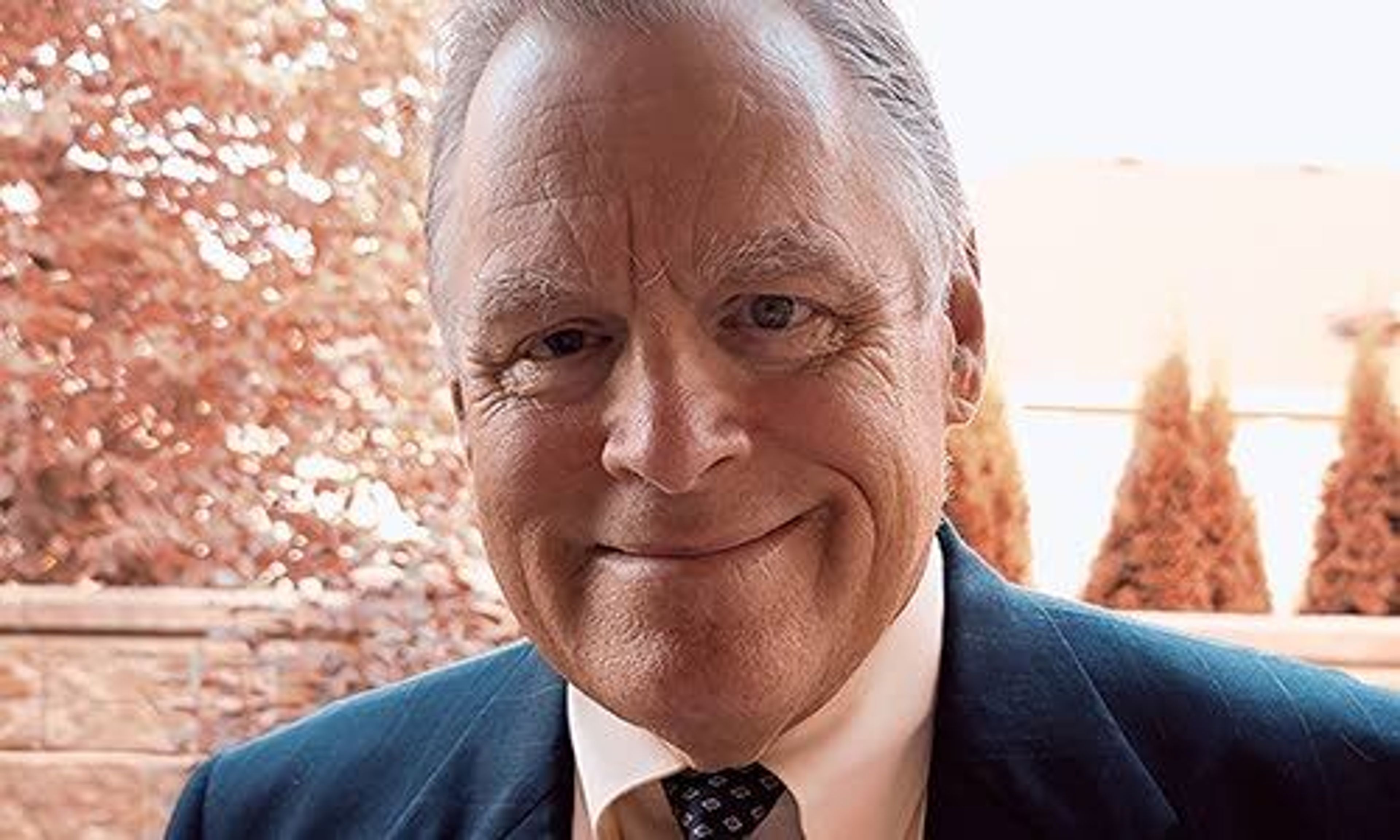Supporters take a stand for Post Office
Rally in Lewiston comes as U.S. House approves Delivering for America Act
Gloria Haegelin remembers seeing civil rights protests and political rallies in the 1960s and ’70s, when she was growing up.
Now she takes part in them herself, handing out placards and copies of the U.S. Constitution, urging people to stand up for their rights.
“I can’t believe we still have to do these things,” she said, while attending a “Save Our Post Office” rally in front of the Lewiston Post Office Saturday. “We’re losing our rights.”
Haegelin, a retired critical care nurse, described herself as a political “activist,” saying she’s become much more involved since November of 2016, when Donald Trump was elected president.
She was one of about 20 people who took part in Saturday’s rally, which elicited beeps of support from several of the cars that drove by.
Like Haegelin, some participants were there for overtly political reasons, driven by President Trump’s opposition to mail-in voting and his efforts to privatize the postal service. Others were simply concerned about the effect ongoing organizational changes within the agency might have on workers and their families.
“I’m here to support my husband,” said Cathy Cattrysse. “He’s a postal carrier. In the 18 years he’s worked here, this is the first time I’ve seen him worried about having a job.”
The postal services has undergone a number of changes over the past decade, as it struggles to adjust to a steep decline in first-class mail.
However, concerns about the agency have increased since May, when Trump-supporter and Republican Party fundraiser Louis DeJoy was appointed Postmaster General, or chief executive of the U.S. Postal Service.
DeJoy immediately instituted a series of reforms, including imposing limits on overtime and dismantling a number of high-speed mail sorting machines.
Combined with Trump’s opposition to mail-in voting, the moves have prompted backlash from congressional Democrats and others, who worry they’ll undermine the agencies ability to deliver ballots in a timely manner during the November general election.
During a congressional hearing last week, DeJoy acknowledged that there has been a “dip” in mail delivery times. Internal USPS documents released by the U.S. House Oversight Committee indicate on-time delivery of first-class mail has dropped by about 8 percent since early July, from nearly 95 percent to about 85 percent.
DeJoy said he would freeze the reforms until after the November elections, telling lawmakers that delivering ballots was his “No. 1 priority.”
Nevertheless, House lawmakers met in a rare weekend session Saturday, approving the Delivering for America Act on a 257-150 vote. The measure prohibits the postal service from making any changes to operations or service levels that would impede the prompt delivery of ballots. It also provides an extra $25 billion in funding — a provision President Trump says he doesn’t support.
Idaho Reps. Mike Simpson and Russ Fulcher voted against the bill, as did Rep. Cathy McMorris Rodgers, R-Wash.
Republicans characterized Saturday’s session as a political stunt, saying there’s no reason to think the postal service will be unable to deliver ballots on time.
Cattrysse said the issue has become politicized because Trump appointed an outsider to run the postal service.
“He (DeJoy) doesn’t understand how the postal service works,” she said. “It’s scary to see where he’ll go.”
Bob Woods, who spent 38 years with the postal service in Moscow, said Republicans have been pushing to privatize the agency for decades.
“This is the most serious (threat) I’ve seen in the last 15 to 20 years,” he said. It’s also “the most blatant attempt at voter suppression I can imagine.”
The whole episode has proven educational for Anne Mathema and Bonolo, two Lewis Clark State College students who live with Haegelin and participated in Saturday’s rally.
Mathema is from Nepal and Bonolo, who only uses one name, is from Botswana.
“For us, the post office is a major convenience,” Bonolo said. “It’s how we get documents and mail from our parents. If it were to close, our lives would be put on hold.”
President Trump’s actions and the ongoing political disputes in America are frequent topics of conversation with her relatives back home, she said. The United States has long been a beacon for people seeking additional political freedoms in nations around the world, but recent trends are prompting a reconsideration.
“When something like this happens, people wonder if we’re really following the right people,” Bonolo said.
Spence may be contacted at bspence@lmtribune.com or (208)-791-9168.











